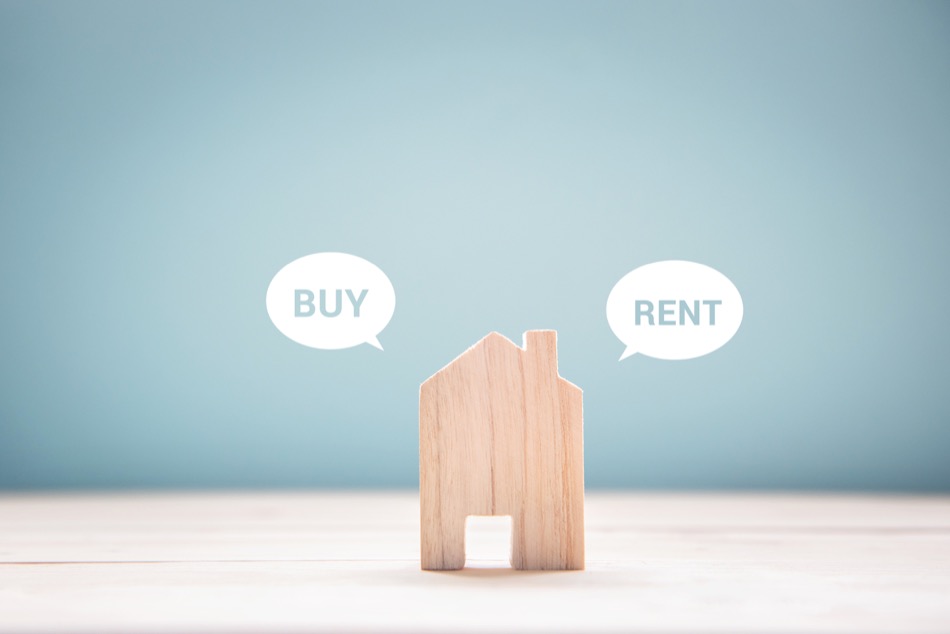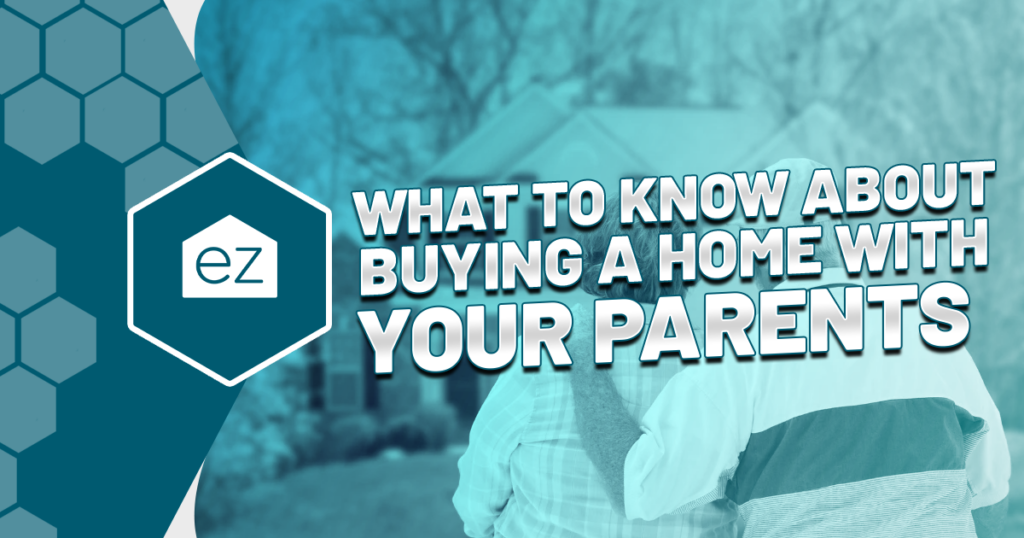Rent or Buy a Home: Which Option Is Best for You?
 When it comes to choosing a new single-family home to live in, you can buy the home or rent it from someone else. Both options offer advantages and disadvantages. Because of this, families need to do their research and think about what they want out of their next home. Those who aren’t sure which is best for them should first evaluate the different advantages and disadvantages. Here are some of the most critical aspects of both to consider before deciding between buying or renting a home.
When it comes to choosing a new single-family home to live in, you can buy the home or rent it from someone else. Both options offer advantages and disadvantages. Because of this, families need to do their research and think about what they want out of their next home. Those who aren’t sure which is best for them should first evaluate the different advantages and disadvantages. Here are some of the most critical aspects of both to consider before deciding between buying or renting a home.
For informational purposes only. Always consult with a licensed real estate professional before proceeding with any real estate transaction.
Advantages of Buying a Home
Owning a home can give homeowners a sense of freedom they wouldn’t get from renting. Homeowners can make the renovations and DIY projects they want without receiving approval from a landlord or being willing to “change it back” when they move out.
Owning a home also creates equity, which builds naturally as the homeowner pays off their mortgage. It also happens through real estate appreciation–when the home gains value over time. The longer you stay in the home, the more likely you can grow wealth through appreciation. This asset increases the homeowner’s overall financial wealth and health.
Homeowners also receive tax benefits because the interest on a home mortgage is tax deductible. Property taxes and other expenses may also be deductible.
Being a homeowner also adds stability to your life. There are no worries about the landlord deciding to raise the rent or possibly selling the home. The home is yours as long as you continue making timely payments on the mortgage until it is paid off. Taxes and insurance do increase over time, but there’s advance notice. For insurance, you can shop around.
If you do get into a financial pickle, it’s possible to use a home equity loan and tap into the home’s value. This can help fund home renovations, start a small business, or covering other unexpected expenses.
Disadvantages of Buying a Home
For someone trying to decide between buying and renting, one of the most significant disadvantages they are considering with buying is the home’s upkeep. When someone purchases a home, they don’t have a landlord to go to when something stops working and needs to be replaced. These costs fall directly on the homeowner’s shoulders. It can be a significant financial responsibility when looking at the cost of an HVAC system or a roof. This is one of the biggest reasons people prefer renting or owning a condo.
Additionally, purchasing a home has more “startup costs” than renting. A home buyer needs to have a down payment, the first two or three months of their mortgage, and the closing costs payment, all before the sale is finalized. Factor in a down payment of up to 20% of the purchase price plus 2-3% for closing costs, and this adds up to a lot of money out of pocket upfront. It can make buying a home inaccessible to people who haven’t been able to save.
You’ll also be on the hook for property taxes every year. These increase over time and cover the cost of local government services and schools. Tax burdens vary between counties, municipalities, and taxing districts.
If you do need to move, the process takes much longer than ending a rental contract. Each real estate market is different, but selling the home involves finding a listing agent, preparing it for sale, then marketing and waiting for the right buyer. Closing can take three weeks or longer if the buyer requires financing. For perspective, the national median days on the market in December 2023 was 61, or about two months.
Advantages of Renting a Home
Renting a home can be a great first step to eventually buying a home. When someone isn’t sure if they want to purchase a home, renting one can be a much safer way to get a feel for what owning a home is like. Plus, it’s much easier to wait for the rent contract to end and move out than it is to buy and sell a home.
The landlord also maintains responsibility for the main capital expenses. So if the water heater dies or there’s a slab leak, it’s on the landlord’s tab.
Disadvantages of Renting a Home
Renting a home may not be a good idea for someone wanting to customize their living space. Many landlords don’t allow their tenants to paint walls or make any considerable changes to the home, including things like gardening. If someone’s enjoyment of their home hinges on how much control they have over the space, they should consider buying their next home over renting.
All in all, there is no definitive answer to which is better. The answer will depend on the person in question and their unique situation. Considering these factors is an excellent way to decide which will ultimately be the most advantageous for you.
For informational purposes only. Always consult with a licensed real estate professional before proceeding with any real estate transaction.
Updated February 2024
Start Your Home Search
Preston Guyton
Share this Post
Related Articles
Buying a Home
What to Know About Termites In Your Home
Buying a Home
What to Know About Spray Foam Insulation
Buying a Home
5 Most Affordable Places to Buy a Home in Tennessee
Buying a Home





